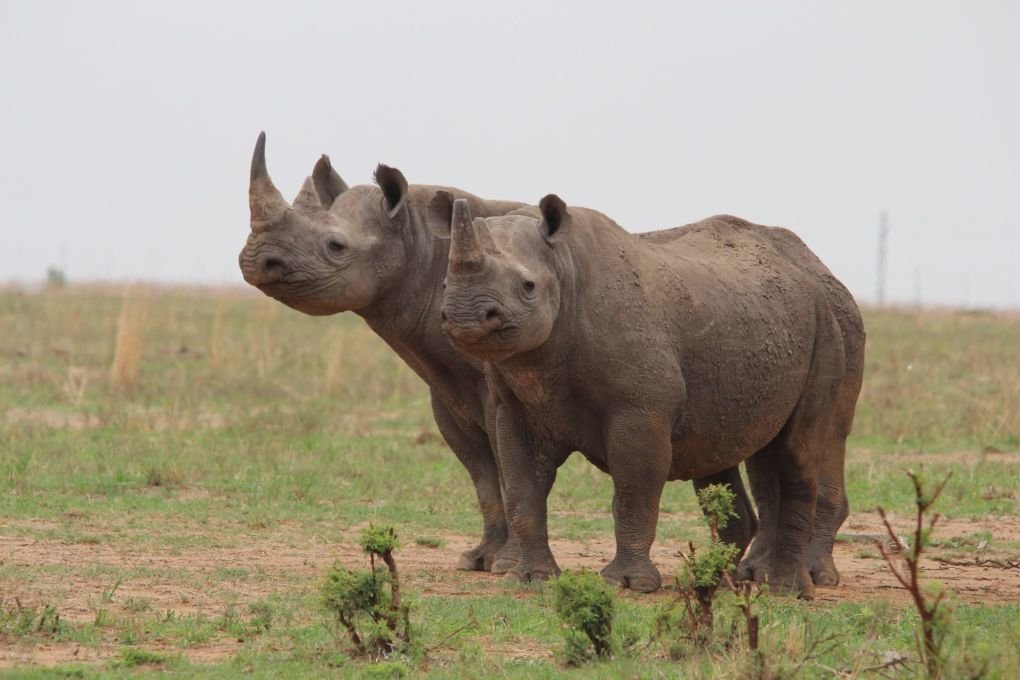The focus of the species conference this time around is: the rhinoceros. Eswatini wants to sell her horn, but she is not allowed to. Namibia, on the other hand, has been granted a trade ban easing — even animal rights activists are happy about it.
The trade in rhino horn has been illegal for 45 years – and it will remain so for the time being. At the start of the final week of negotiations at the World Species Conference in Panama, the African kingdom of Eswatini has again failed in its request to overturn the trade embargo.
While the tiny nation bounced back from the resistance of the majority of the 184 contracting nations to the so-called CITES Agreement, Namibia was granted a state of relaxation in the case of rhino protection. The southwestern African country is said to have proven successful in protecting these animals.
Contracting nations to the Washington Convention on the Protection of Endangered Species (CITES) have been meeting in Panama since last week and will continue through Friday to protect some 600 endangered wild species from excessive trade. Decisions of the committees still have to be confirmed by the plenum at the end of the conference.
Less stringent protection status in Namibia
Namibia has applied for a less stringent protection status for its rhinos. The proposal was accepted, but in a restricted form. The country would be allowed to sell live animals for conservation purposes within the natural and historical range of Africa. However, at the proposal of the European Union, the export of hunting trophies was excluded.
The WWF Environmental Foundation welcomed trade facilitation. It creates incentives for species conservation and rewards Namibia’s successful work in protecting rhinos, said Rebecca Jerejic, a spokeswoman for the World Wildlife Fund. However, Pro Wildlife called the decision a mistake. “This sends the wrong signal and aims to eventually ease restrictions on the commercial trade in rhino products,” said Daniela Fryer, who attended the meeting on behalf of Pro Wildlife.
Rhino horn trade: Eswatini fails with application
The kingdom of Eswatini, a landlocked country of 1.1 million people between South Africa and Mozambique, has failed for the third year in a row at CITES conferences in its bid to liberalize the rhino horn trade. Eswatini has a stock of only 98 specimens.
The horn trade has been banned worldwide since 1977. Last week the conference also endorsed a ban on the trade in elephant tusks.
The Tigers and Jaguars were also the subject of Monday’s negotiations. The question was how to strengthen the fight against poaching and illegal trade. According to the WWF, Cites experts want to take a closer look at tiger farms in Southeast Asia next year. According to experts, the breeding facilities have links to criminal networks. (dpa)

“Alcohol buff. Troublemaker. Introvert. Student. Social media lover. Web ninja. Bacon fan. Reader.”







More Stories
Dwarf Dragon – Spectrum Science
Zelinger defends cooperation with China
Science – a research initiative that brings millions to the University of Mainz – Education